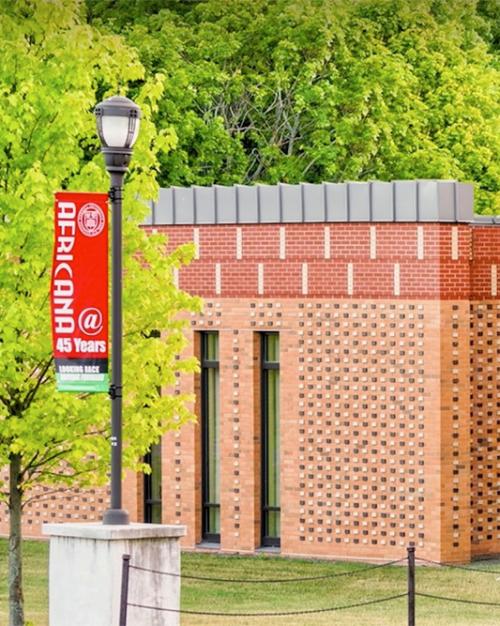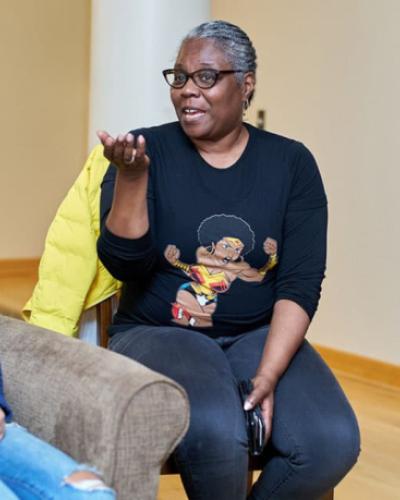...Those diminishing traits followed black women and girls out of slavery through Reconstruction, Jim Crow, and the civil-rights movement, and continue to ensure that they are not treated with value or regard—much less gingerly—today. In a 2013 Time article, the Cornell University professor Noliwe M. Rooks asked, “Why are Black women seen as more threatening, more masculine and less in need of help?” A 2017 study by the Georgetown Law Center on Poverty and Inequality found that adults, regardless of their race or education level, believe that black girls ages 5 to 19 are “less innocent and more adult-like than their white peers,” and need less nurturing, protection, support, and comfort.
These perceptions of black girls and women, unsurprisingly, have led to their horrible treatment and death at the hands of law enforcement. Officers, serving a so-called no-knock search warrant at her apartment after midnight, shot Breonna Taylor eight times as she lay in her own bed, after exchanging gunfire with her boyfriend, who thought someone was breaking in. Her death has provoked some outrage, but not at the level of Floyd’s. Though the Black Lives Matter movement was founded by three black women—Patrisse Cullors, Opal Tometi, and Alicia Garza—police killings of black women and girls have failed to provoke much national emotion and outcry. Consider the names of so many women—Rekia Boyd, Atatiana Jefferson, Pamela Turner, Yvette Smith, Aiyana Stanley-Jones, and others—whose stories seemed to dissolve from public consciousness like paper in the rain.
Read the entire article in The Atlantic





